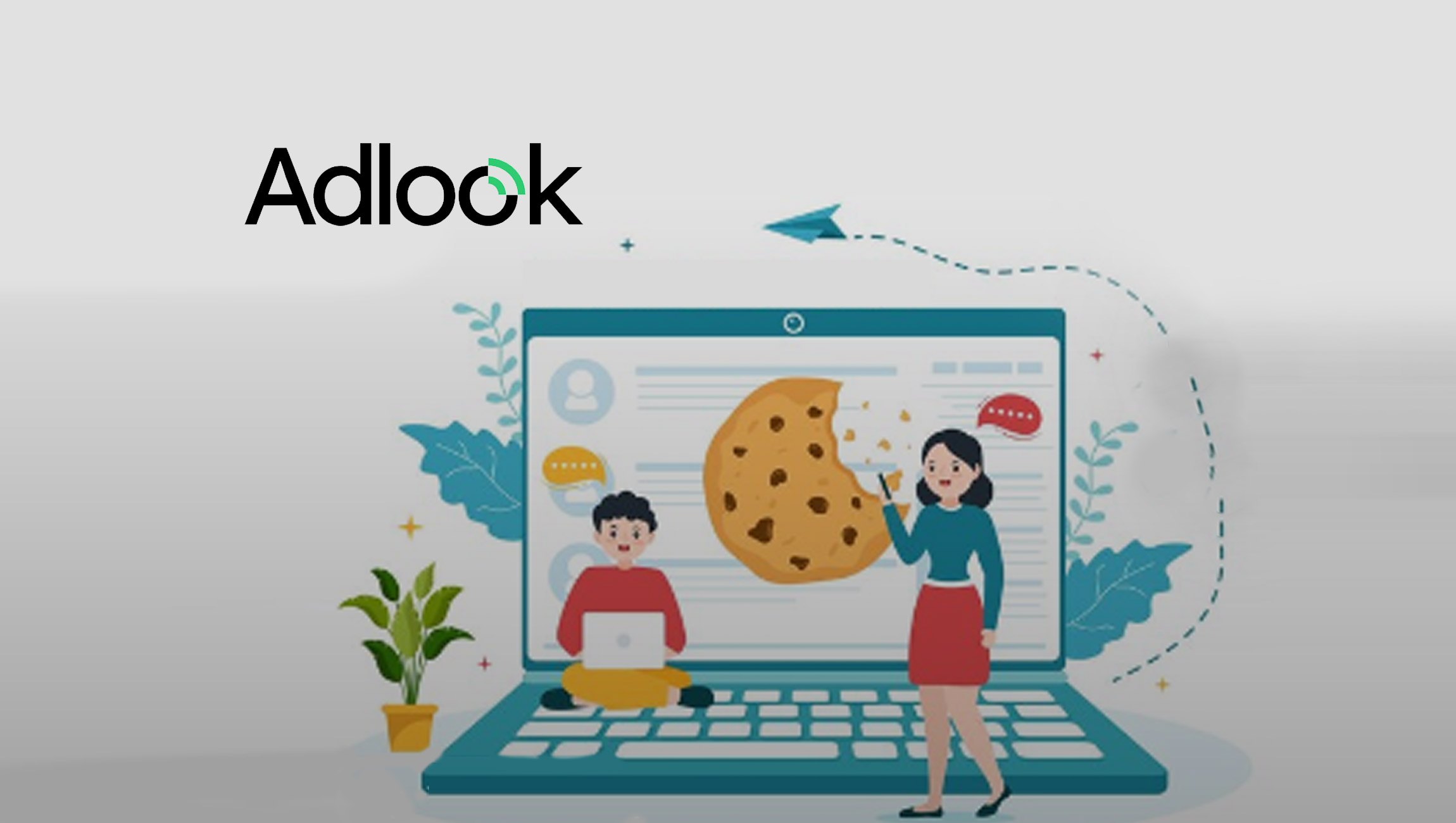Many aren’t ready for a cookie-less world, even with the phase out officially underway
On January 4th, Google began phasing out third-party cookies for 1% of Chrome users, affecting 30 million people. This is part of Google’s broader plan in the name of user privacy – to completely remove cookies from Chrome by the end of this year.
With digital advertising adjusting to the loss of cookies, advertisers are tackling new challenges in delivery and measurement while building their post-cookie infrastructure and processes. To better understand their approach, Adlook, a next-generation brand growth platform, commissioned a survey of nearly 200 U.S. CPG advertisers about cookie changes and their reactions to Google’s recent Chrome update. The company is releasing the findings today at CES 2024, with results as follows.
“Our research shows advertisers are moving away from cookies to protect user privacy,” said Patrick Gut, VP of US at Adlook. “However, there’s a notable lack of investment and preparation in testing or implementing cookie alternatives.”
Readiness and Preparedness:
Only 39% say they are “fully ready” for the loss of cookies. Meanwhile, 60% said they are only “somewhat ready” (42%) or just getting started to get ready (18%).
In anticipation of the cookie phase-out, 87% have made changes to their ad strategies, with 46% claiming “significant” changes. 13%, however, are just beginning to plan changes or have not made changes yet at all.
The industry is split on cookie phase-out readiness, with 54% saying they are “somewhat” ready or “not very” ready. Alternatively, 46% think it is “very” ready.
In preparation for running sites without cookies, 47% have only “partially” audited (38%) or not yet audited at all (9%) their cookie usage. 53% have fully audited their cookie usage.
To identify potential site issues due to cookie blocking, 45% are only in the planning phase to conduct tests (34%) or have not conducted any testing (11%). 55% have conducted tests.
“The industry has a lot of work to do, even with the cookie phase-out now underway,” said Gut. “More must be done to ensure brands are prepared.”
Marketing Technology News: MarTech Interview with Daniel Head, CEO at Phrasee
Response to Google’s Rollout:
When asked to respond to Google’s January 4th cookie phaseout, over one-third (38%) are either concerned about the impact on targeting and campaign effectiveness (30%) or skeptical about the ability to strike a balance between privacy and advertising (8%). 61% view the step towards enhanced privacy positively.
Long-term, 56% view the impact of the cookie phase-out as a positive for digital advertising, 38% see it as neutral, and 4% as a negative disruption.
Confidence in the market solutions for a cookie-less world is high among half (49%), “somewhat high” for 41%, “not very high” among 9%.
“Cookies changes in Chrome have been met with optimism,” said Gut. “Still, there are very valid concerns about navigating the new landscape without compromising on ad targeting or ROI.”
Impact and Changes in Strategies:
87% say the impact of the cookie phase-out on digital advertising strategies is “significant,” with 49% of that group saying it is “extremely significant. Only 12% say it will have little to no impact.
When asked if they are revising their data collection and usage strategies given cookie deprecation, 45% are making major revisions, 42% are making minor adjustments, and 12% are currently evaluating. Only 1% have no changes planned.
As a result of the phase-out, 61% plan to increase their digital ad budget, 20% expect a decrease, 12% will redistribute their existing budget, and 7% anticipate no changes.
The main challenges concerning the transition to a cookie-less environment are measuring ad performance (64%), maintaining user engagement (59%), and adapting to new technologies (57%), with 18% citing a lack of clarity or guidance.
“Clearly, the transition to a cookie-less environment presents significant challenges,” said Gut. “The market must adapt, testing and implementing cookie alternatives.”
Alternative Solutions and Technologies:
The majority of advertisers, even with the phase-out in-progress, have slow-walked adopting alternatives. Per Adlook’s data, 55% are still “in the process of exploring” alternatives or still “considering options.” Meanwhile, 45% are actively implementing alternative tracking methods.
Shifting to privacy-focused advertising methods is deemed very important by 88%, with just 12% of the respondents saying it was only “somewhat” important.
For transitioning to privacy-focused APIs, 59% are actively transitioning, 35% are in the planning stage, and 6% have no plans yet.
54% have already implemented alternative solutions provided by Google Privacy Sandbox, like Cookies Having Independent Partitioned State (CHIPS) or Related Website Sets (RWS). Meanwhile, 41% are considering implementation, and 5% are not considering it at all.
“Advertisers have to address change with change,” said Gut. “Yet many are still moving slowly in adopting new solutions. ”
Marketing Technology News: Leveraging Headless CMS for SEO Success











